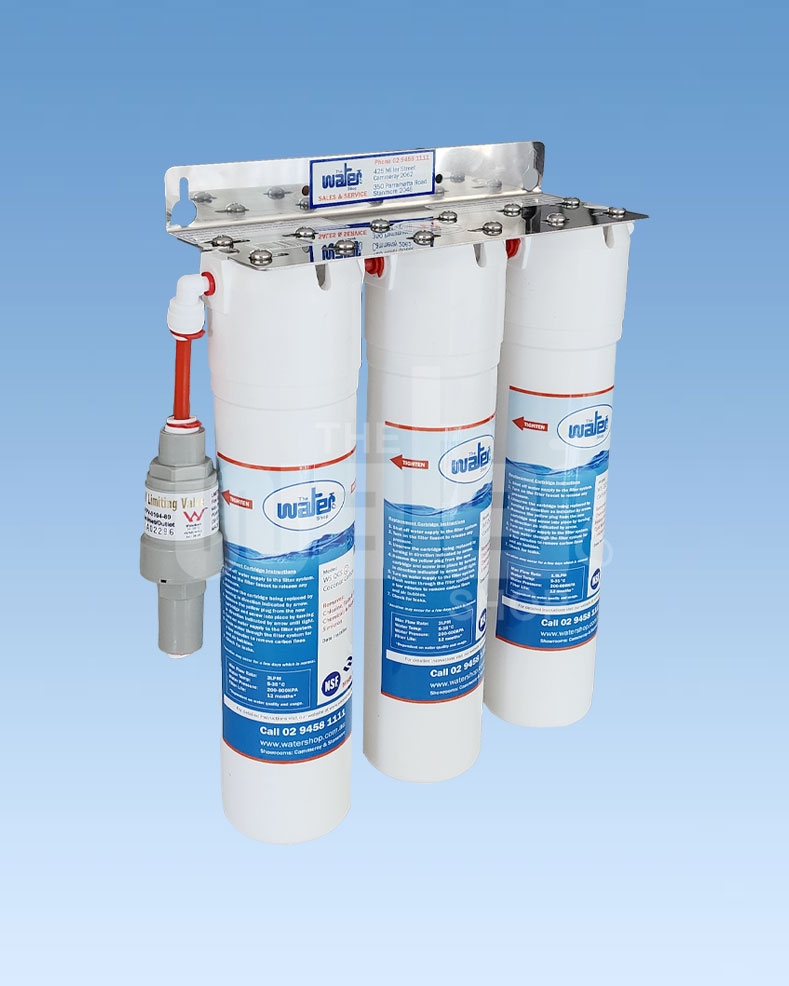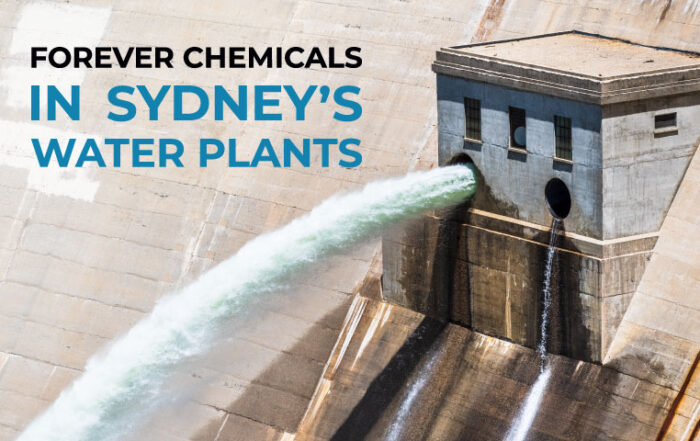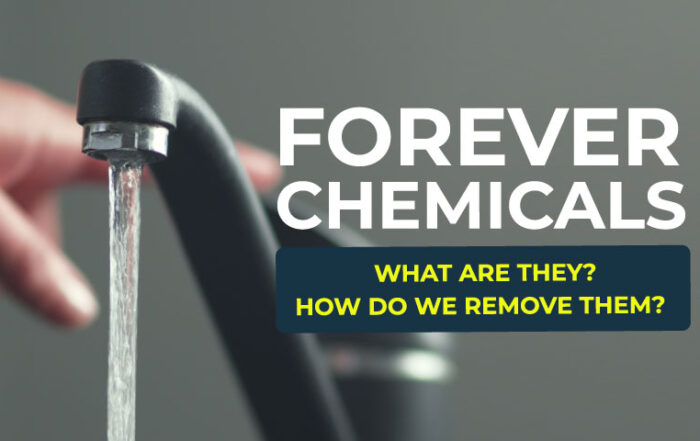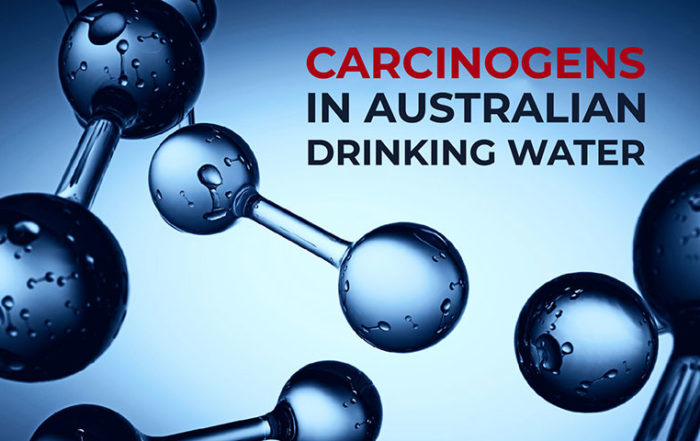A recent article written by the ABC delved into the potential risks associated with consuming warm tap water, shedding light on some critical considerations.
It’s worth noting that tap water, warm or cold, may carry inherent risks, which is why investing in a water filter is absolutely vital for your overall health.
Nevertheless, in the cold versus warm tap water debate, it becomes evident that warm water can pose a more significant concern.
Saying no to warm tap water
The temperature of your tap water can have a profound impact on your health. Warm water serves as an ideal breeding ground for pathogenic bacteria, and can also increase the chances of heavy metals leaching into the water from the piping of taps or warm water tanks.
While the extent of this risk may vary depending on the person’s plumbing network and hot water systems, most individuals lack a comprehensive understanding of their water infrastructure.
In such cases, erring on the side of caution remains the wise choice.
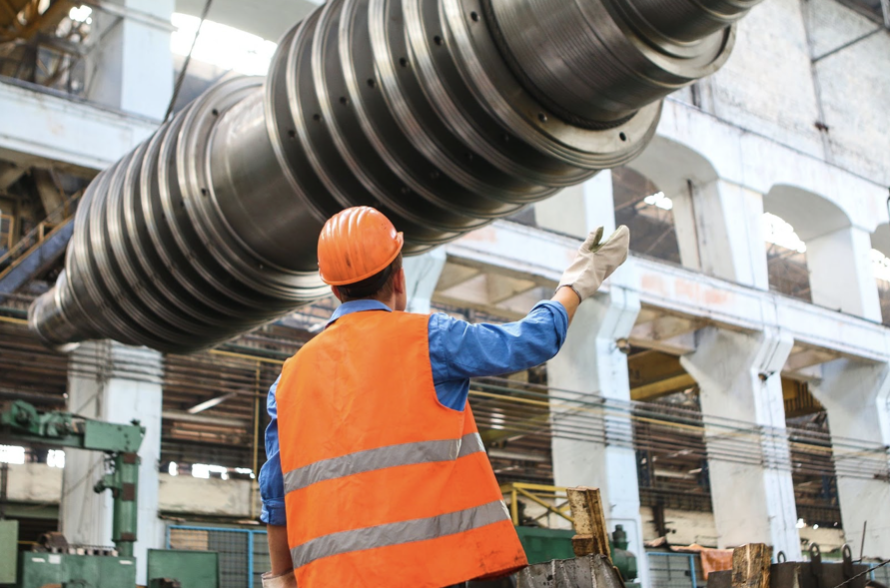
The risk of heavy metals in your pipes
As highlighted by Anas Ghadouani, a professor of environmental engineering at the University of Western Australia, heavy metals like copper and lead could potentially lurk within your plumbing system. The age of your pipes plays a crucial role in determining the extent of this risk.
If your house predates the 1980s, the probability of heavy metal contamination escalates further, given the absence of building standards at the time. It’s essential to note that whether you’re dealing with warm or cold water, the threat of heavy metal leaching remains a concern.
What does the Australian Government say?
The Australian Government recommends that every effort should be made to reduce exposure to lead in the environment, including lead that may be dissolved into drinking water from plumbing products.
The risks of lead
Lead is a heavy metal that is not beneficial or necessary for humans. Infants and children are particularly vulnerable as lead can impair brain development, and cause damage to the nervous system, cause hearing and speech problems, delayed development and poses carcinogenic risks long-term.
What can be done to mitigate the risks
Both Professor Ghadouani and the Australian health department advise using only cold water taps for drinking and cooking. Additionally, they suggest flushing the cold water taps for approximately 30 seconds in the morning to ensure fresh water flows through the tap.
If you’re concerned about what’s in your water, don’t have time to do a 30 second flush and enjoy using warm water for your food and drinks, then a water filter is definitely the simplest and most effective solution!
Specialized water filters are able to filter both heavy metals and pathogenic bacteria by over 99.999%.
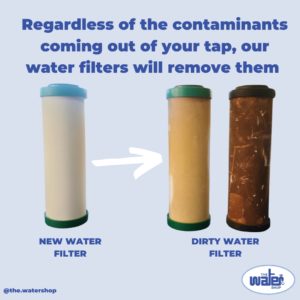

What is the best filter for you?
Not sure which water filter system is the best for your home? Take our quiz to find out!
Guaranteed clean water with our water filters:
1. Whole House Filtration
Filter your water directly at the source for your entire home with a Whole House Filtration System. Guaranteed to prevent both pathogens and heavy metals from infiltrating your home water supply.
2. Countertop or Undersink Filters
Whether it’s a countertop or an undersink water filter system, these are specific to your kitchen taps, with the option of a variety of faucets.
Tap hereto see our range of water filters.
Recently in Australian News

LET’S STAY CONNECTED
Discussion
Related Articles
If you enjoyed reading this, then please explore our other articles below:


